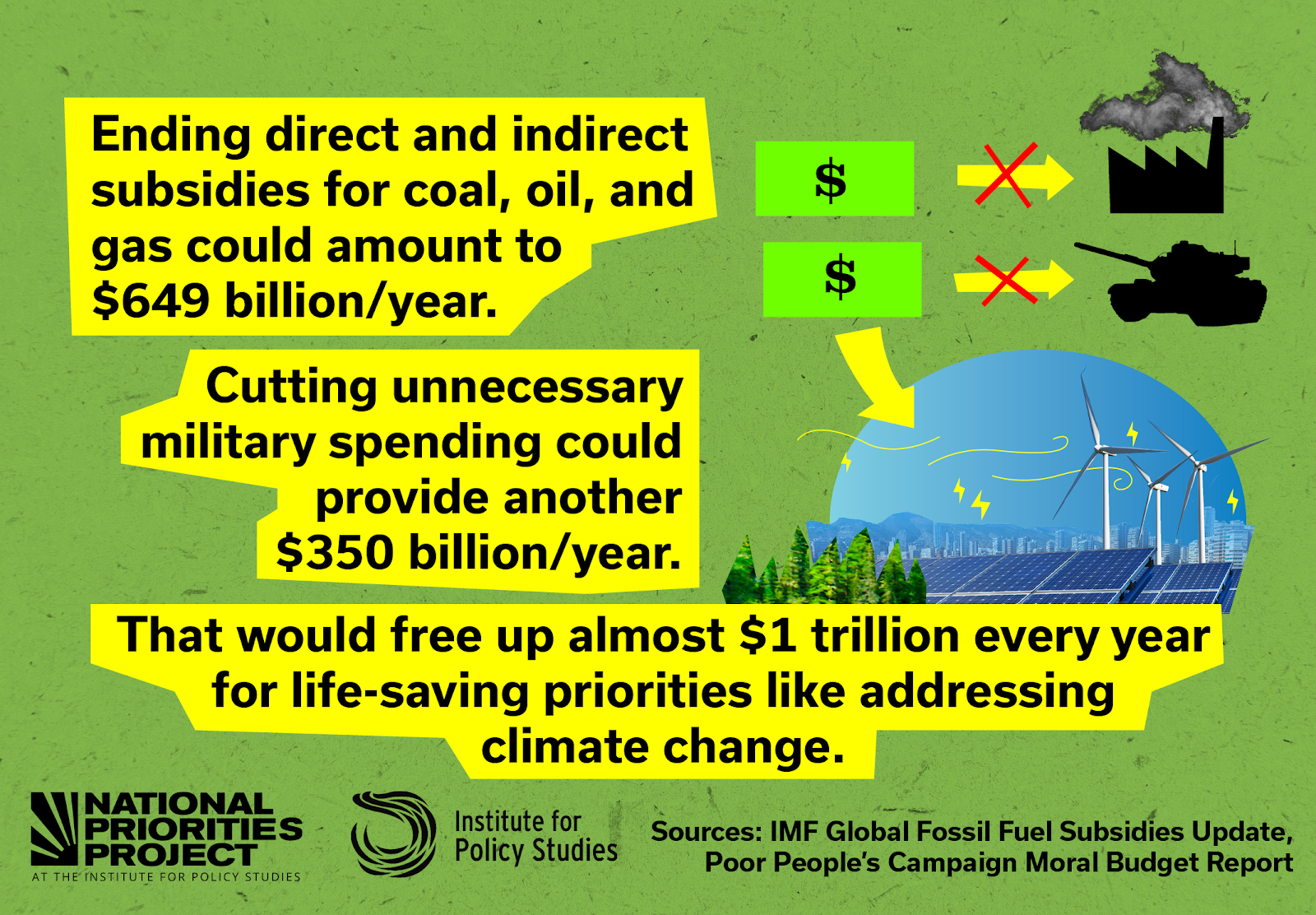

Deployment of the military in the US and around the world for disasters is common. The military have the capacity personnel and technologies. In many cases, their role has been important. However, could there be a better institution or more institutional support for citizen and volunteer responses to address humanitarian and conflict concerns that are associated with climate change?
Humanitarian Aid and reconstruction through military assistance has been accompanied by military abuses and in cases they undermine humanitarian aid provided by civilians and volunteer organizations by diverting resources to the military.
The single-minded association of security with climate change is not proven and distracts from other factors such as bad policies on the part of governments.
For instance, the US, which has more than 800 military bases worldwide, many of which are involved in fuel-dependent counter-insurgency operations – and the high fossil-fuel consumption of most military transport systems. The funds to support this use of fuel could go to helping vulnerable nations prepare for the effects of climate change instead of relying on the military in a crisis mode.
In TNI, “...reinforcing a climate–conflict paradigm may increase the likelihood of conflict. It helps fuel arms races, distracts from other causal factors leading to conflict, and undermines other approaches to conflict resolution.
TNI cites the case of transboundary water flows between India and China where militarism undermined existing diplomatic systems for water-sharing and made conflict in the region more likely.
As far as fueling climate change, in what might be seen as a positive feedback loop or perhaps a closed system, arms dealers are making unprecedented profits related to the current wars and this potentially heightens the danger of permanent wars where militarism is a heavy contributor to climate change. DIG DEEPER